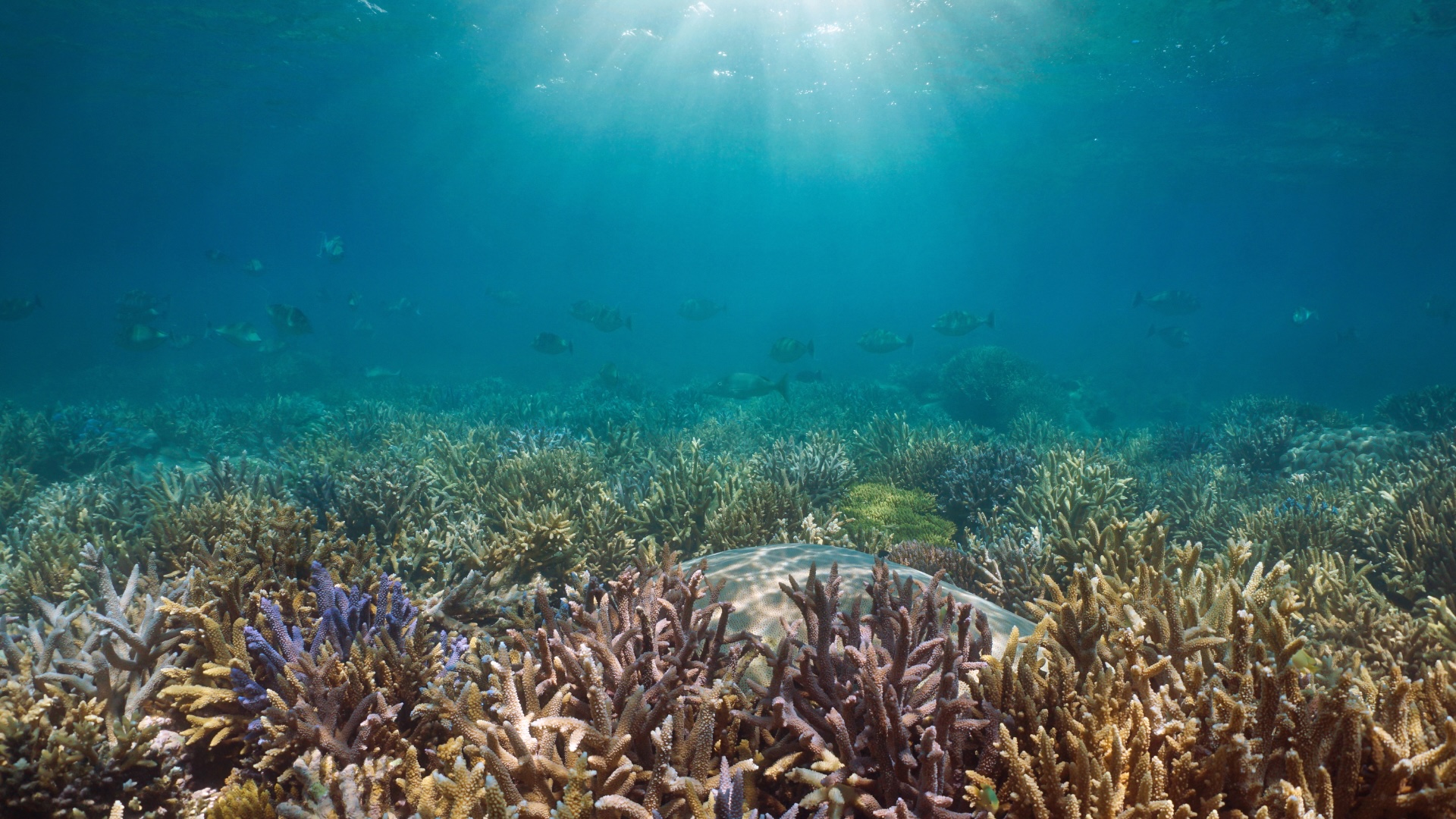In the lead-up to the seventh session of the UN Environment Assembly (UNEA-7), the United Nation’s top decision-making body on the environment, the Asia-Pacific region has sent a unified message: ocean and coral reef resilience must be global priorities.
At the Sixth Forum of Ministers and Environment Authorities of Asia-Pacific (AP6), held for the first time in the Pacific region, delegates from 33 countries gathered in Fiji to shape regional positions on climate, biodiversity and ocean governance. The host country described the forum as a moment of “strong convergence” on shared concerns.

Fiji Champions Coral Reefs
Among the key outcomes, Fiji tabled a draft resolution titled “Accelerating Global Action to Promote the Climate Resilience of Coral Reefs”. The resolution calls for enhanced international cooperation and financing to protect coral reef ecosystems from mounting threats like climate change, pollution, and overexploitation, noting the ongoing Fourt Global Bleaching Event, the most widespread and severe to date.
This also underscores Fiji’s environmental leadership and the broader Pacific call for urgent action toe ensure a future with healthy, vibrant and resilient coral reef ecosystems.

Fiji’s leadership in advancing this resolution reflects the urgency we face as Pacific Islanders. Our coral reefs are under unprecedented pressure from climate change, ocean acidification, and local threats – yet they remain essential to our food security, livelihoods, and cultural identity. We are calling for immediate, coordinated global action to strengthen and promote reef resilience through ecosystem-based adaptation, sustainable finance, and inclusive governance. Protecting coral reefs is not only a regional responsibility; it is a global one.
Dr Sivendra Michael, Permanent Secretary for Environment and Climate Change, Government of Fiji.
The International Coral Reef Initiative will continue its support to Fiji in advancing the draft resolution and identifying co-sponsors, representing a major step toward anchoring reef resilience within UNEA’s formal agenda.
A Forum of Firsts and Ocean Leadership
The Suva meeting was notable for more than just its outcomes. It marked:
- The first time the Forum was held in the Pacific, making it more accessible for Pacific Island governments and civil society actors.
- Unprecedented youth participation, with over 60 young people, including many from the Pacific, joining through the UNEP Children and Youth Major Group.
- A strong emphasis on ocean-based solutions to climate and ecological crises – including “blue corridors” for marine species, reef restoration, and Indigenous-led conservation.
Fiji’s leadership and the location of the meeting helped focus global attention on marine ecosystems, and in particular, coral reefs, critical to climate adaptation, biodiversity and cultural heritage. Furthermore, Indonesia and Kiribati played key roles in highlighting the urgent need for coral reef conservation, restoration, and protection.

Ocean and Climate Governance at a Turning Point
The timing of AP6 coincided with a shifting global landscape for environmental governance:
- The Kunming-Montreal Global Biodiversity Framework is now in implementation.
- The BBNJ Agreement – to protect marine biodiversity in areas beyond national jurisdiction – is nearing entry into force, following the milestone of 60 ratifications on 19 September 2025.
- The International Court of Justice (ICJ) recently issued an advisory opinion that affirms states’ legal duties to limit greenhouse gas emissions, with strong implications for ocean and reef health.
- Meanwhile, plastics treaty negotiations have stalled – prompting many countries at AP6, including Japan and Korea, to call for renewed momentum through the UNEA process.
New Models of Regional Leadership
As traditional donor support wanes, countries and subregional bodies are being called to lead through innovative partnerships, local solutions, and stronger science-policy-business collaboration. This urgency is further underscored by the recent realise of the GCRMN’s “Status and Trends of Coral Reefs in the Pacific: 1980 – 2023” which highlighted the resiliency of reefs in the Pacific, yet suggested a changing coral community structure, impacting the services the region’s reefs provide. Fiji’s hosting of AP6 served as a model, amplifying Pacific voices, showcasing traditional ecological knowledge, and reaffirming the region’s role as a frontline actor in global environmental diplomacy.
